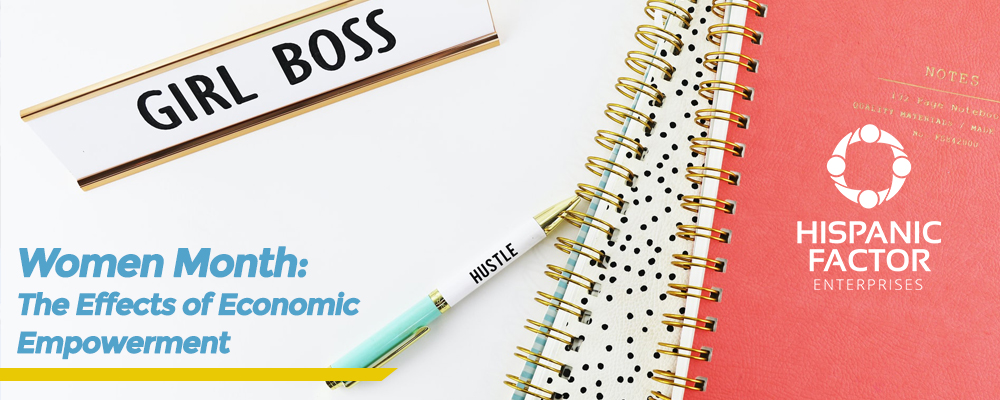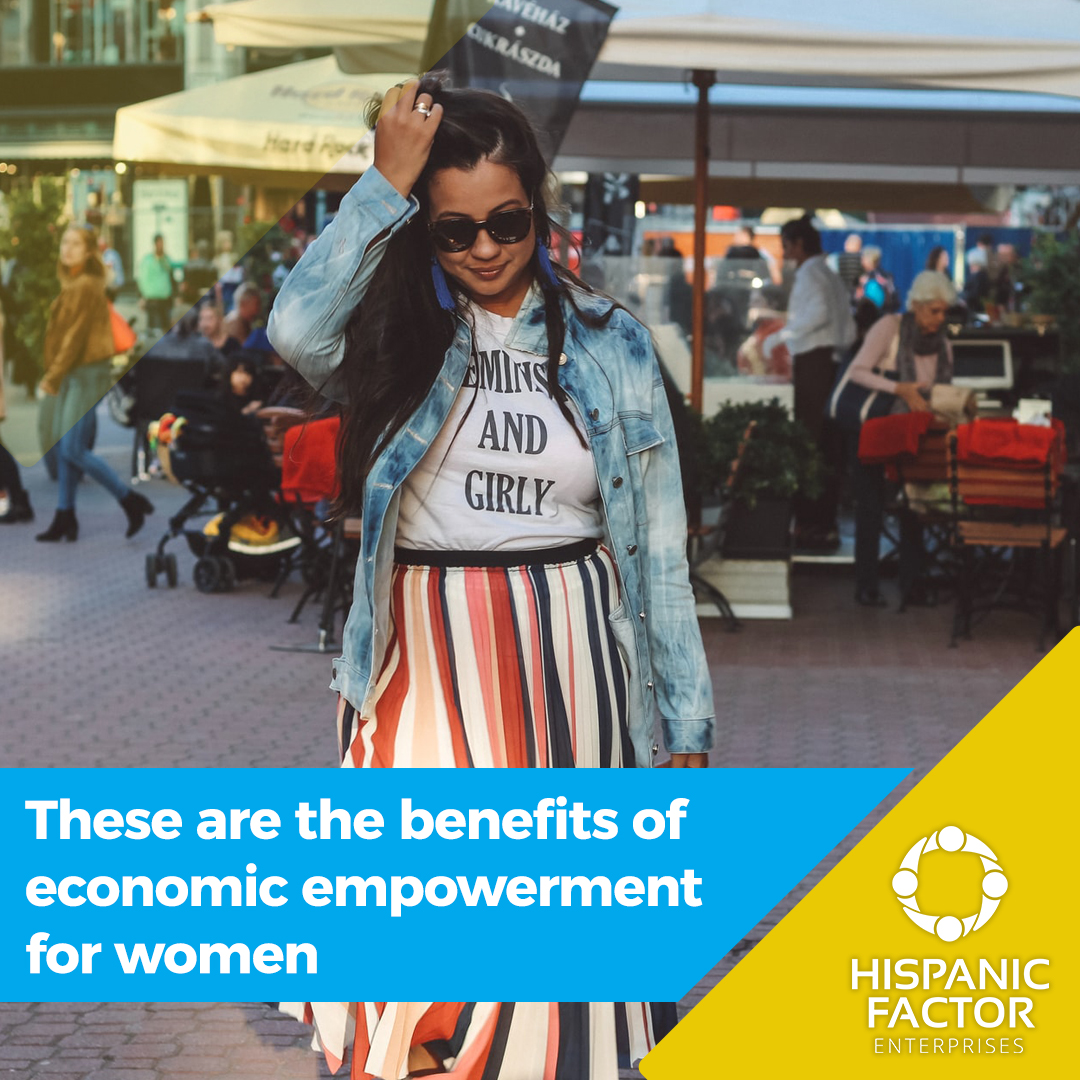
Empowering women has always been a priority, and extensive research has demonstrated and often quantified the benefits it brings to the economy, the politics, and the decision-making of every society. Thus, the economic empowerment of women is the empowerment of the whole world.
Empowering women creates higher economic growth by expanding the workforce, increasing productivity, expanding opportunities and inclusion, and reducing inequality. Female participation in decision-making also offers a diverse approach to leadership.
Gender inequality persists in all countries. Globally, women earn only 60 to 75% of men’s wages, so achieving employment equity could increase women’s earnings by up to 76%.
Combining both paid and unpaid work, women in developing countries tend to work more than men and spend less time on education, leisure, political participation, and self-care. According to UN Women, men spend more time per day on leisure, while women spend more time doing unpaid household chores, despite some improvements over the past 50 years. In that sense, allowing women to develop their skills and access all fields of work will not only increase productivity but broaden talent and prospects.
UN Women creates policies that prioritize the economic empowerment of women, including marginalized women in rural areas. Investing in those segments of the population is a matter of justice and human rights, but it can also offer a high rate of return (up to 60%).
This organization also makes an effort to improve the work environment, so women no longer have to suffer from discrimination, abuse of power, or unfair wages.
Women also have a presence in agriculture and sustainable development, and their contributions are fundamental throughout the world. Although the percentage may vary by region, in general terms, women represent an average of 43% of the agricultural workforce in developing countries.
Women farmers own less land than men and have limited access to inputs, and these gender differences ultimately affect their work and limit investment. Operating on an equitable scale could benefit everyone by opening up new economic opportunities.
In a country where women can develop their professional skills and reach their full potential, GDP (Gross Domestic Product) growth would skyrocket. On the other hand, having control over their income can give women more financial independence and power. And as heads of the family, different studies have shown that women can manage money more responsibly than men. For that reason and many more, we must ensure the economic empowerment of women around the world.

Twitter: HispanicFactor
Instagram: HispanicFactor
Facebook: HispanicFactor